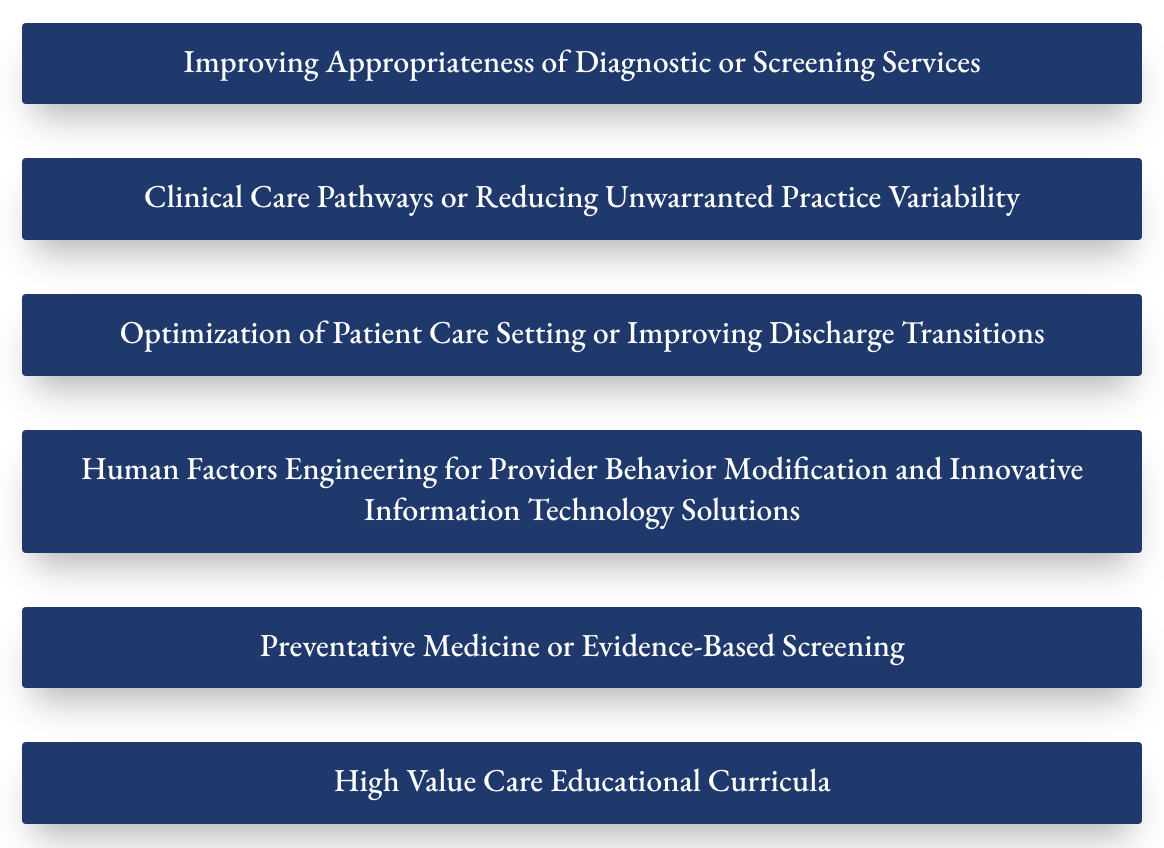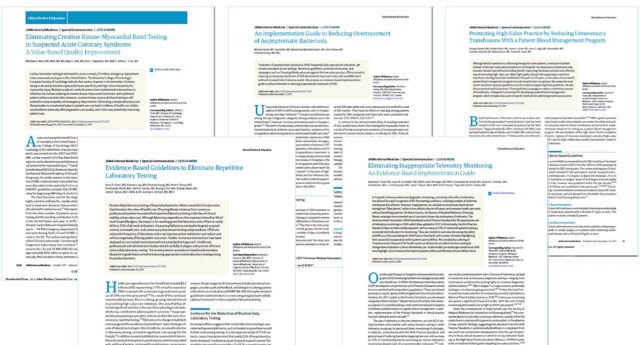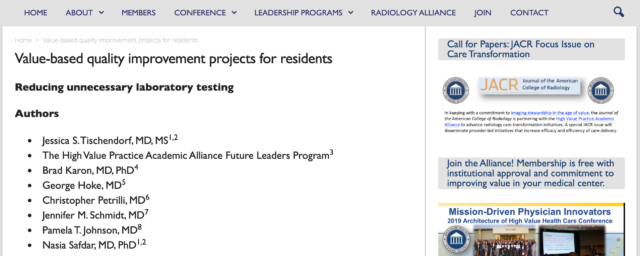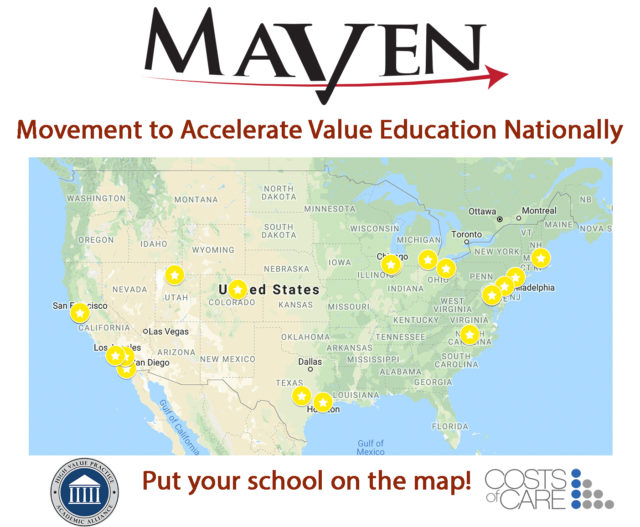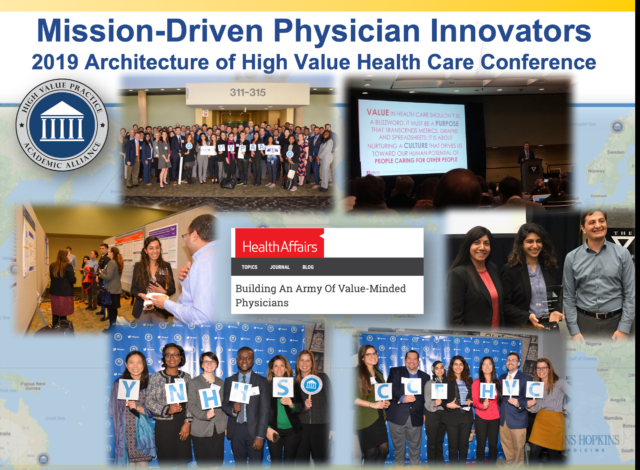From the 2023 HVPA National Conference
Daniel Kwon BS BA (Icahn School of Medicine at Mount Sinai), Anya Wang BA, Jiwoo Park BA, Sophia Gamboa BS, Rachel Sue BS, Kajol Bahl BS MS, Anne Linker MD, Reem Aoun MD, Cynthia Abraham MD
Background:
In light of recent measles and rubella outbreaks, as well as decreasing vaccination and completion rates for measles, mumps, rubella (MMR), and varicella, there is an increased risk of contracting these diseases. These diseases put pregnant women and their children (born and unborn) at risk for serious complications. Some of these complications include birth defects and miscarriages. However, there is limited data summarizing the completion of MMR and varicella vaccine series in postpartum mothers.
Objective:
Our aim is to identify new protocols at Mount Sinai Hospital (MSH) to improve vaccination rates following an extensive review of the MMR and varicella vaccination completion rates for serologically non-immune postpartum mothers. Moreover, we wish to support providers and healthcare staff during MMR and varicella vaccination series timelines by improving vaccination education. Finally, there is a dearth of research on how many mothers are serologically nonimmune despite being vaccinated. Our data addresses this gap in the literature by quantifying the number of serologically immune and unvaccinated mothers served by a tertiary care center in New York City.
Methods:
Data on patients who gave birth at MSH or Mount Sinai West (MSW) and received postpartum care between 1/1/21 and 6/27/22 were identified and retrospectively reviewed. Patients were excluded if they did not have a 6 week postpartum visit or if they were pregnant at the time of analysis. Based on hospital protocols, it was assumed that all serologically non-immune patients were offered MMR and/or varicella vaccinations during their immediate postpartum course (IPC). If the patient did not receive vaccinations during IPC, it was additionally assumed that vaccination was declined by the patient.
Results:
254 mothers were serologically non-immune to measles (n = 104), rubella (n = 53) and varicella (n = 137). A minority of these patients were previously vaccinated against these viruses: 22.1%, 18.9% and 28.4% against measles, rubella and varicella, respectively. 52.7% started the MMR series during the IPC; 4.1% at the time of their 4-6 week postpartum visit (PP). Rates of completion for those starting the vaccine series during IPC and PP were 0% and 4.1%, respectively. 44.5% started the varicella series during IPC and 13.9% at time of PP. Rates of completion in this group for those starting during IPC and during PP were 19% and 5.8%, respectively.
Conclusions:
Our study demonstrates the lack of adequate MMR and/or varicella vaccination and completion rates for postpartum mothers, which directly impacts their children, the greater community, and future generations. Additionally, our results highlight the need for quality improvement interventions at the provider level to help increase rates of initial vaccination and completion of the two-dose vaccination series.
Clinical Implications:
Mount Sinai serves a low-income and Medicaid-insured patient population. The women of childbearing age in this population are particularly vulnerable, and mothers are often enrolled in the New York State Prenatal Care Assistance Program (PCAP). As a result of our findings, we have implemented a change to Mount Sinai’s postpartum PCAP EPIC template. This change requires providers to check the mother’s MMR status during their visit in order to improve proper documentation, act as a reminder for providers to recommend MMR and/or varicella vaccination, and ultimately increase postpartum vaccination and completion rates.
